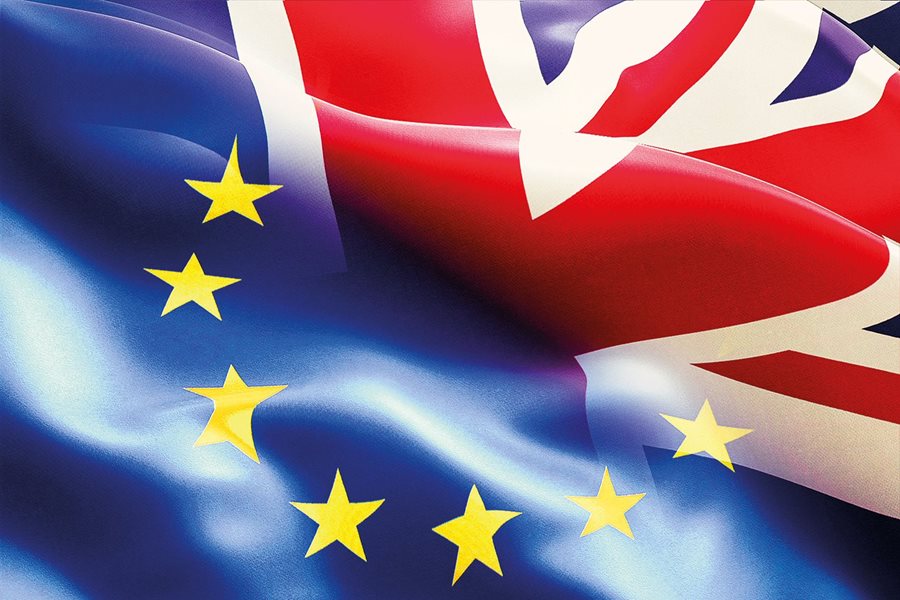🕒 Article read time: 3 minutes
Post-Brexit Britain will need connectivity with Europe

As Brexit negotiations get under way in earnest in Brussels, FTA is reminding UK and EU negotiators to prioritise agreements on connectivity for transport.
While these decisions may seem trivial to observers, as Pauline Bastidon, FTA’s Head of European Policy, explains, overlooking them could lead to rifts in the UK’s highly complex and interconnected supply chain which would be disastrous for business and industry.
“FTA’s members are responsible for keeping the UK’s businesses, industry, homes and schools stocked with the vital products they need to function. Without an agreement on transport, at the end of the transition period we would face heavy restrictions on logistics movements, with only a very limited number of permits to access the EU market – serving less than 5% of the traffic across the Channel – available to operators under ECMT rules. Air freight links would also be severely curtailed unless an agreement is prioritised in negotiations.
“Our members expect significant changes at the end of the transition period, based on the UK and EU negotiating priorities, and are doing all they can to prepare for these, within the limits of available information.
"Yet, in spite of their willingness to adapt, logistics businesses are totally reliant on an agreement being reached at the negotiating table. Without protections for road freight, rail freight and aviation, our members and their EU peers will simply not be able to operate across borders without drastic restrictions. An agreement for transport is not a luxury, it’s absolutely vital, and we call on negotiators to prioritise it in the negotiations on the future relationship to avoid a cliff edge.”
★www.fta.co.uk/brexit
Published On: 01/04/2020 10:39:25

Comments Section
If you are a Logistics UK member login to add comments.